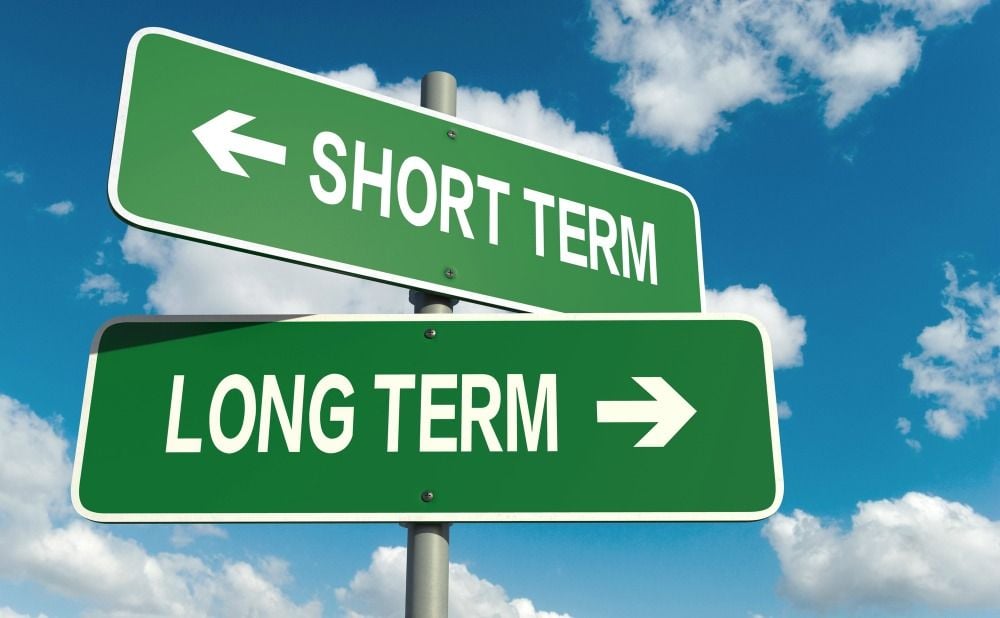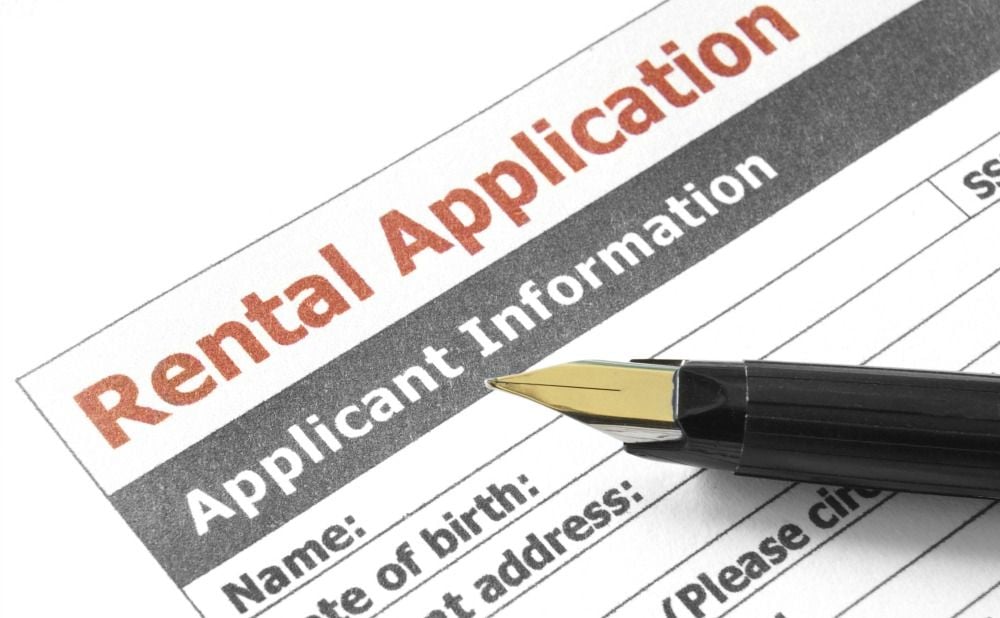
Have you ever wondered why your Philadelphia tenants sign 12-month lease agreements?
While most property owners have tenants sign a yearlong lease agreement that can be renewed for another 12 months come the end of the lease term, there are those that prefer month-to-month lease agreements instead.
If you are curious about the pros and cons of month-to-month lease agreements, and wonder whether yearlong leases are a better option, keep reading.
First, we are going to discuss what it means to offer month-to-month lease agreements. Then, we will examine both the positives and negatives to offering month-to month lease agreements, and instances where a yearlong lease may be your best bet.
What is a Month-to-Month Lease Agreement?

Unlike yearlong lease agreements that allow tenants to reside in your rental property for 12 months at a time, a month-to-month lease agreement is a agreement that lasts just one month.
Typically, this kind of lease agreement automatically renews month after month, until the tenant or property owner provides a notice breaking the month-to-month cycle. The amount of notice given (if required) is usually 30 or 60 days, and is outlined specifically in one of the lease provisions.
The Pros of Having Month-to-Month Lease Agreements
Many landlords find month-to-month lease agreements suitable for their rental property business.
In fact, there are several benefits to offering tenants the opportunity to sign a month-to-month lease agreement, rather than the more traditional yearlong lease.
1. Flexibility
One of the biggest reasons property owners like to offer month-to-month lease agreements is because of the flexibility this type of lease offers both themselves and their tenants.
Rather than locking a tenant into a 12-month contracted lease term, month-to-month leases give both landlords and tenants the chance to break the lease in a moment’s notice, without having to find a subletter to finish the lease term.
For tenants seeking a new job in another city, this type of arrangement works perfectly. A tenant that is new to Philadelphia may sign a month-to-month lease while getting familiar with the area, and deciding exactly where to settle down.
There is also an element of flexibility for property owners. If you want to move into your rental property at some point in the near future, leasing on a month-to-month basis provides income until you are ready to do so.
2. No More Stress About Bad Tenants

There is nothing worse than placing a bad tenant in your rental property. You know − the kind that mostly pays on time, complains a lot, disrupts the neighbors, and yet never quite breaches the lease agreement enough to warrant an eviction.
Imagine having to deal with them for 12 months.
Now, if you happen to place a bad tenant in a property that you only offer month-to-month leases on, you can easily get rid of them by providing them with a 30 or 60-day non-renewal notice.
3. Premium Rent
Tenants looking to lease a property on a month-to month basis are aware that the asking rent rate is going to surpass that of neighboring properties with 12-month lease terms. This premium pricing can help offset any vacancies you experience.
And, if you don’t experience many vacancies, you simply generate more annual income, which is always welcomed.
In addition, since month-to-month leases have tenants coming and going more regularly, you can increase your rent at will once one tenant leaves and another enters. Unlike 12-month leases that lock in yearlong rent rates, you have the flexibility to reap more income, should the market demand it.
4. Vacation Home Ready

If you intend for your rental property to be a vacation home, offering month-to-month leases is ideal. You can garner higher rental rates, supplement your income throughout the year during peak traveling seasons, and even enjoy your own property when it is not occupied.
The Cons of Having Month-to-Month Lease Agreements
On the other hand, offering tenants month-to-month lease agreements does not come without its risks.
In fact, for many property owners, month-to-month lease agreements are too risky and are not worth the benefits.
1. Higher Turnover Rate
People who lease month-to-month usually have plans to live elsewhere within a short period of time.
After all, why would they pay premium rent rates if they wanted to stay long term?
That said, finding tenants to lease on a month-to-month basis is not always easy.
If your property stays vacant for long times, you begin to lose a lot of money. And, since your tenant has every right to terminate the lease agreement at any moment, just as you do, the risk of vacancy only increases.
This is why offering year long lease agreements can be more beneficial than month-to-month ones.
Having a tenant agree to stay for 12 months guarantees that you will receive rent income for an entire year. And, if your tenant decides to break the lease early, as long as you’ve got a strict lease agreement in place, you will receive financial compensation for the lost income.
2. Difficulty Placing New Tenants

Offering month-to month lease agreements can create a stressful situation when it comes to placing new tenants in a freshly vacated property.
Since most month-to-month lease agreements only require a 30-day notice to vacate, property owners find themselves facing a loss of income, unless they find a new tenant to move into the property within the 30 days.
Tenant screening and placement not only takes time, but is also a strenuous process if done correctly.
By having a tenant in your rental for 12 months, rather than a few months here and there, you reduce the costs of tenant screening, and reduce the stress of finding a high quality tenant that will pay on time or the stress of having to stage your property for the next set of new tenants on a regular basis.
3. More Wear and Tear
If you are constantly moving new tenants in and out of your rental, your property is bound to experience more than the average amount of wear and tear.
Tenants leasing your property for a few months may not care for your property as well as if they planned to stay for the year. Plus, the physical act of moving can cause damage to your property’s floors, doors, and walls.
Unfortunately, normal wear and tear repairs fall upon property owners to fix. This type of property maintenance can quickly erode any positive cash flow you earned for the year, depending on the extent of the damage and how many tenants flow through your property in a given year.
In the end, owning rental property is not for the faint of heart. Drafting, adhering to, and enforcing a lease agreement can be challenging for even the most experienced property owner, regardless of whether you opt for a month-to-month or yearlong lease agreement.
There are pros and cons to both a month-to-month and a 12-month long lease agreement for your Philadelphia rental property, and what will work best truly depends on your needs as a property owner. However, self-managing your property does not have to be an added stress to leasing your rental.
If you are looking to take a load off your plate, and need help drafting the perfect lease agreements for your month-to-month tenants or yearlong ones, contact Bay Management Group today to help.
We have the knowledge to help guide you when it comes to the length of your lease terms. We also have friendly and experienced Philadelphia property managers that can handle all aspects of renting out your income property.
